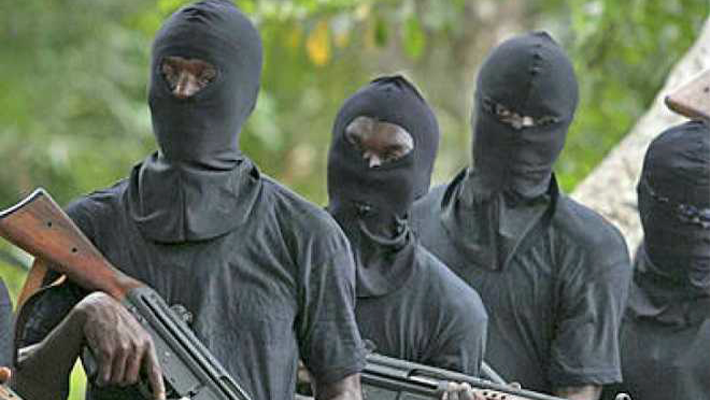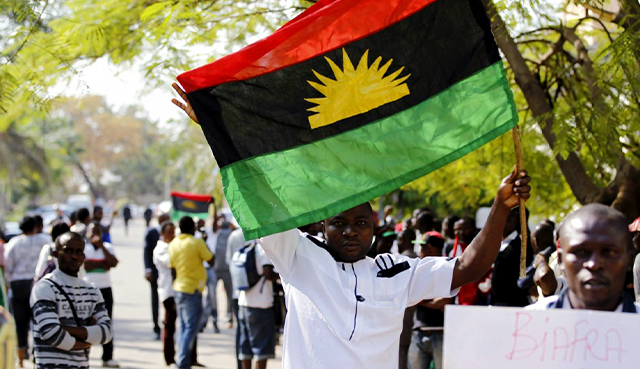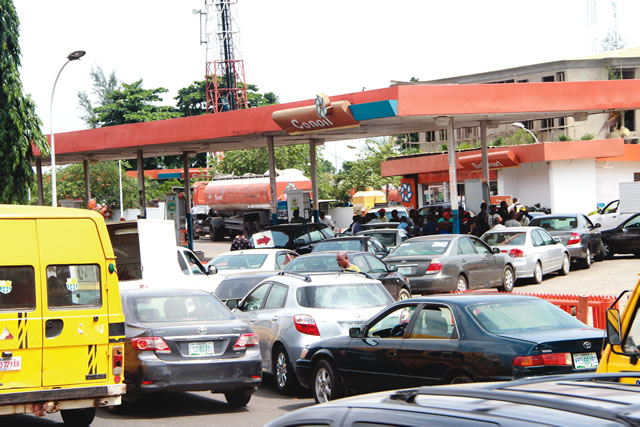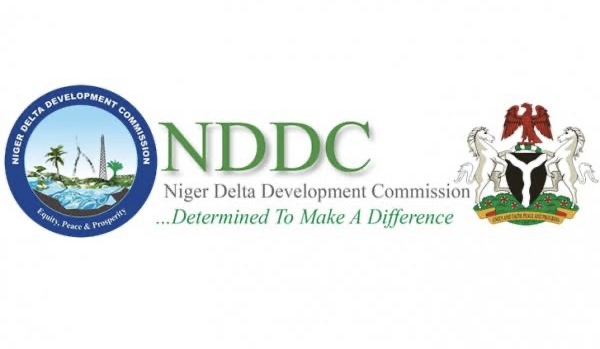Nigeria lost $40 billion to insecurity in 2020: Report

Nigeria lost $40.6 billion alone to insecurity in 2020 as unknown gunmen, killer herdsmen, bandits, Boko Haram, and ISWAP terrorists combined to unleash what many considered unprecedented violence on Africa’s most populous nation last year.
According to the Institute for Economics & Peace’s ‘Global Peace Index 2021: Measuring Peace in a Complex World, Sydney, June 2021,’ the economic impact of violence on the global economy amounted to $14.96 trillion in constant purchasing power parity (PPP) terms. This is equivalent to 11.6 per cent of global GDP or $1,942 per person.
In 2020, the economic impact of violence increased for the second year in a row, rising by 0.2 per cent or $32.5 billion from the previous year. Government spending on the military and internal security comprised almost three-quarters of the global economic impact of violence said the GPI.
With Nigeria named one of the least peaceful countries globally, ranked 146 out of 163, the report put the economic impact of violence at $40.6 billion. On the log of ‘Ongoing Domestic and International Conflict domain,’ the document also named the country one of the least peaceful places on earth.
In terms of ‘Societal Safety and Security domain,’ Nigeria was among 26 least peaceful nations, and in the ‘Militarisation domain,’ it was considered one of 46 least peaceful nations.

The economic impact deteriorated in five regions in 2020, most notably sub-Saharan Africa, said the 2021 GPI, noting that the deterioration in sub-Saharan Africa can be attributed to the rising homicide rate, which subsequently led to an eight per cent increase in the region’s overall economic impact.
“Nigeria recorded the largest increase in its economic impact, which increased by $40.6 billion in 2020 compared to 2019,” it reported.
In the report, the economic impact of violence includes indicators such as military expenditure, conflict deaths, and homicides. It also consists of the United Nations High Commissioner for Refugees (UNHCR) spending on refugees and IDPs, losses from conflict, suicide, and internal security expenditure.
“The direct costs associated with violence include the immediate consequences on the victims, perpetrators, and public systems including health, judicial and public safety. The indirect cost of violence refers to longer-term costs such as lost productivity, resulting from the physical and psychological effects and the impact of violence on the perception of safety and security in society.
“The multiplier effect represents the economic benefits that would be generated by the diversion of expenditure away from sunk costs, such as incarceration spending, into more productive alternatives that would better improve the economy,” the report stated.

A telling report by the International Society for Civil Liberties & Rule of Law (Intersociety) revealed wanton liquidation of innocent lives.
According to the report, at least 90 per cent of Nigerians killed by police officers in the South-East were innocent as federal government’s security forces lay siege on states in the region amid secessionist threats and unknown gunmen’s violent attacks on public facilities and security operatives.
We have recently deactivated our website's comment provider in favour of other channels of distribution and commentary. We encourage you to join the conversation on our stories via our Facebook, Twitter and other social media pages.
More from Peoples Gazette

Politics
Katsina youths pledge to deliver over 2 million votes to Atiku
“Katsina State is Atiku’s political base because it is his second home.”

Education
Argentines protest budget cuts to public universities
The protestors are being joined by professors and students with their union leaders.

Sport
EPL: Everton hand Liverpool major upset in title race; Bruno Fernandes’ brace helps Man United return to winning ways
If City win the two games, they will go top of the table.

Heading 3
FRSC collaborates with judiciary for speedy trial of drivers involved in road crashes
“All drivers and vehicle owners who caused crashes on the roads would definitely face the wrath of the law.”

Africa
Tanzania shuts down five hydro stations to reduce excess power on national grid
This is the first time the country will be shutting its hydroelectric stations over excess production.

Abuja
Fuel Scarcity: Motorists lament as long queues resurface in FCT
They appealed to the federal government to resolve whatever the issues were.









